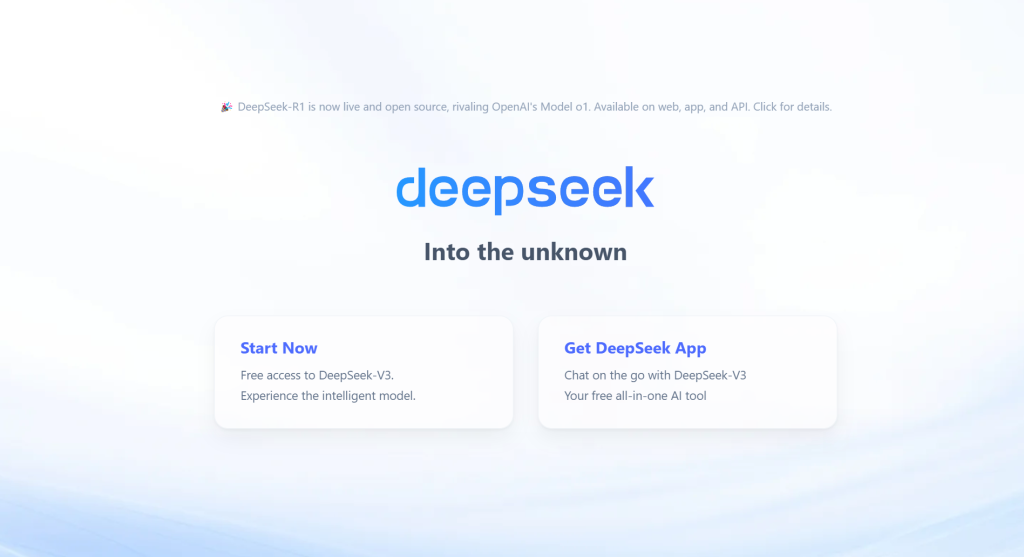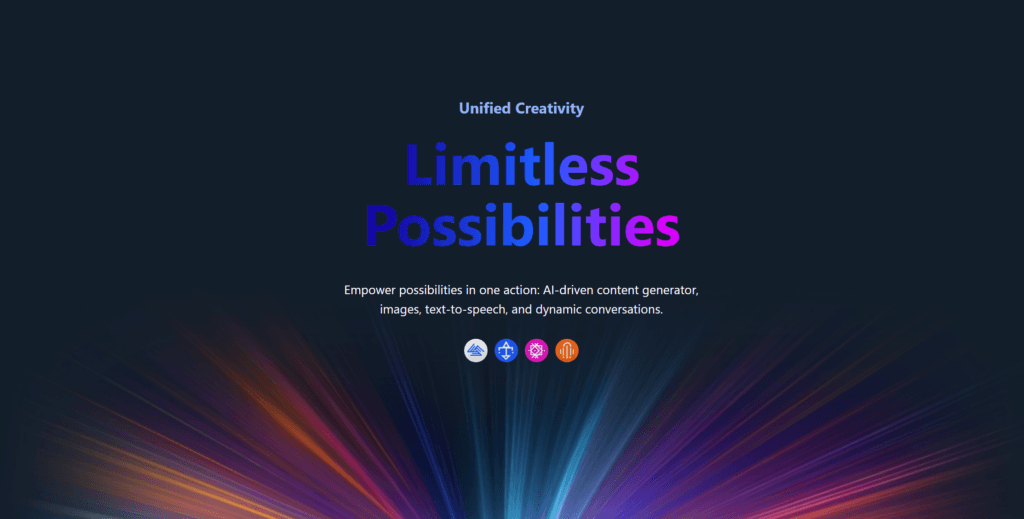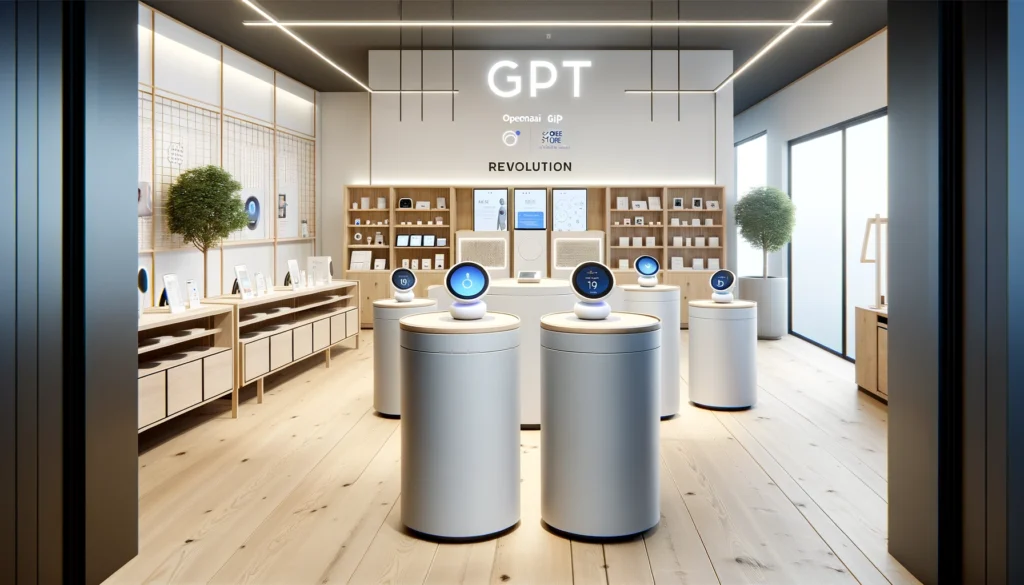Welcome to the Future of AI: OpenAI’s Operator and the Rise of Browser Agents

Welcome to the Future of AI: OpenAI’s Operator and the Rise of Browser Agents
As technology continuously evolves, OpenAI’s latest advancement, the Operator, marks a significant leap in the realm of artificial intelligence. This innovative tool integrates with web browsers, acting as a sophisticated AI assistant ready to handle tasks like filling out forms or ordering groceries with remarkable autonomy. Powered by the new Computer-Using Agent (CUA) model, Operator offers a user-friendly interface that simplifies interaction while maintaining robust security features. Industry experts highlight its potential to democratize AI, making advanced technology accessible to everyday users. As we dive deeper into this groundbreaking tool, we explore how OpenAI’s Operator could reshape the consumer AI landscape and herald a new era for browser-based AI agents. For a deeper understanding of AI’s trajectory, check out MIT Technology Review.
The Evolution of AI with OpenAI’s Operator
OpenAI’s Operator represents a transformative step in the interaction between users and artificial intelligence. This innovation allows for seamless integration within web browsers, streamlining a variety of online tasks. The Computer-Using Agent (CUA) model at its core not only enhances functionality but elevates usability—making AI accessible to both tech-savvy and everyday users alike. With its browser-based approach, the Operator is positioned to change how we think about and utilize AI technologies in daily life.
Streamlined User Experience: The Power of Browser Integration
One of the standout features of OpenAI’s Operator is its focus on integrating with the web browser, a familiar interface for most users. Unlike other AI systems that require specialized software or technical knowledge, the Operator operates within a setting users already understand. This design philosophy reduces barriers to entry, making it easier for everyday individuals to leverage sophisticated AI capabilities for tasks like shopping and managing schedules.
According to Yiannis Antoniou from Lab49, the shift towards browser-based AI can significantly increase public interest and adoption. By utilizing an interface as ubiquitous as the web browser, OpenAI’s Operator captures user engagement in a way that competing systems often fail to do. This unique approach aligns with the broader goal of democratizing technology, breaking down silos of technical jargon and complex interfaces that typically limit access to advanced tools.
Enhanced Usability Features: Personalization and Security
Indeed, Operator is not just another AI tool; it incorporates a range of usability features that enhance the overall user experience while prioritizing security. Custom instructions tailored for specific websites enable users to personalize their interactions. These functionalities transform repetitive online activities into simple tasks that require minimal input, thereby saving users time and effort.
Security remains a top priority with the implementation of human-in-the-loop protocols. This allows users to maintain control over significant actions such as making purchases or accessing sensitive information. OpenAI has rolled out various safety measures, including user confirmation for essential tasks and monitoring systems that can detect unusual behavior. These systems are continuously evolving, ensuring that as the Operator encounters complex or sensitive tasks, the user experience remains secure.
Market Potential: A Consumer-Friendly AI Solution
As OpenAI scales the Operator, the potential for widespread application in consumer markets is evident. Initially priced at $200 per month, the product targets professional users looking for advanced capabilities. However, as the platform matures and feedback from early adopters shapes its evolution, a broader rollout with more attractive pricing options could capture a vast user base.
Antoniou notes that moving down the cost scale could lead to substantial competitive advantages for OpenAI in the crowded AI marketplace. This democratization of advanced technology means that soon, a wider audience could have access to tools that simplify daily tasks, enriching their digital experience without requiring extensive technical knowledge.
Collaboration with Industry Partners: Enhancing Functionality
OpenAI’s Operator is also set to unveil various collaborative opportunities with major companies such as Instacart, DoorDash, and Uber. These partnerships are expected to enhance the practical usability of the system, demonstrating real-world effectiveness in a variety of applications. By focusing on a sector where consumers are already engaged, OpenAI has the potential to transform how we interact with everyday digital services.
The implications of an AI tool like Operator extend beyond individual convenience; they open avenues for businesses to streamline processes, reduce operational costs, and increase customer satisfaction. For instance, by utilizing AI to automatically fill shopping carts or manage orders across multiple platforms, companies can improve the efficiency of their services while ensuring a superior user experience.
Adapting to Feedback: The Future of OpenAI’s Operator
As the Operator evolves, the importance of user feedback cannot be overstated. Early adopters’ input will be critical in shaping the functionality and features of the tool. As OpenAI navigates the early stages of this rollout, refinement based on real-world performance and user satisfaction will guide future updates and enhancements.
While the current version may have limitations regarding pricing and availability, ongoing developments and iterative improvements suggest a bright future. OpenAI’s commitment to an accessible and secure AI experience can lay the groundwork for a new era of interaction, wherein users can trust AI to manage personal and professional tasks effectively.
The Future of AI Integration in Daily Life
OpenAI’s Operator demonstrates how AI can seamlessly integrate into everyday life, offering a glimpse into a world where artificial intelligence enhances our digital engagements. By capitalizing on web browser functionality and leveraging user-friendly interfaces, the Operator serves not only as a personal assistant but as a catalyst for widespread AI adoption.
Reflecting on the trajectory of AI technology, OpenAI’s Operator stands as a testament to the possibilities that exist when innovation meets accessibility. As users begin to embrace browser agents in their daily routines, the potential to redefine how we engage with technology becomes increasingly apparent, leading to more profound implications in both personal and professional spheres.
For additional insights on the future of AI and its practical applications, consider exploring sources such as Forbes and TechCrunch.
Embrace the AI Revolution with OpenAI’s Operator
OpenAI’s Operator is more than just an AI assistant; it represents a breakthrough in how we interact with technology daily. By leveraging browser integration, the Operator simplifies tasks for users, making advanced AI capabilities accessible without the need for technical expertise. From personalized interactions to top-notch security measures, this tool is designed to enhance user experience while paving the way for wider adoption in consumer markets. With potential collaborations on the horizon, Operator is set to revolutionize everyday activities and boost business efficiencies alike. Don’t miss this opportunity to be part of the AI revolution—explore OpenAI’s Operator today and discover how it can transform your digital life. For further reading on the evolution of AI and its market potential, visit the insightful article at Forbes.















































































































